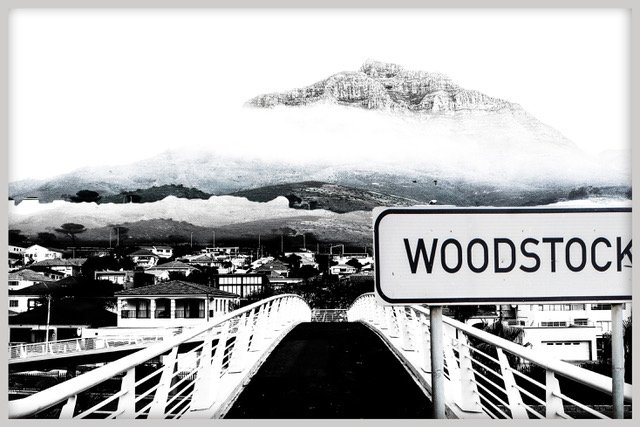Imagine

Imagine. Remember John Lennon’s brilliant song? He said people called him a dreamer because he could imagine a world without hunger or greed. And he said making this imaginative leap was easy if you tried. Fair enough. But as any novelist will tell you, sometimes the imagination needs a little push and a shove.
We’ve all been stuck at some point. We’ve all watched the cursor beating on a blank screen. Flick, flick, flick and then it goes still.
Not much fun.
With the festive season in full swing your imagination might feel as if it has gone on holiday. You’ve been surfing the net in the hopes of inspiration. Maybe you’ve even been surfing for real. Or taken a walk. Remember the old codger Kierkegaard’s claim: “I have walked myself into my best thoughts…”
Which is not bad advice at all. Don’t laugh but I have found vacuum cleaning the house a surefire way to get my imagination working. Especially when having to imagine something I’ve never experienced.
Imagine 1
One of the assignments on my Writing Fiction course calls for imagining a violent scene – actually one character has to kill another – and a romantic scene.
No one has a problem with the love scene. With the violent scene I sometimes get this (as happened on a recent course):
“But I’ve never killed anyone. I can’t write that. I can’t imagine it. I have no lived experience to draw on.”
Which was a relief to know. But being a novelist means going where you might never venture in the normal course of events. Being a novelist means considering other lives, other experiences. It’s about empathy. And the imagination can take you there, as John Lennon believed.
I recently read that researchers have found that imagining a scene – an attack for instance – fires up the same regions in the brain as does a real threat. In other words, when you imagine the attack it “feels” real to your brain.
Imagine 2
The kick start. Your imagination needs details. You need to create a scene. Sometimes you need to go and get that detail. Sometimes your imagination needs some visual aids. So going surfing or for a walk has this benefit: you will see things while you are out and about.
Back at home, write 150 words of something you saw. The waves were pumping: there was an offshore blowing back the spray as the swells rose up and curled over. Or describe the street scene as you walk: the crowds, the taxis, the traders, the smell of cooking walkie-talkies (grilled or fried chicken heads and feet).
Imagine 3
Now describe someone you saw. A surfer running down the beach and into the sea. Describe the colour of her wetsuit. Was she tall. Was she barefoot. How did she react when she hit the water?
Or the two people you saw on the street corner kiss goodbye. Describe their clothes. Their attitudes. Do they look like corporate types, or from the trades and what about them led you to this assumption. As they parted did they adjust their masks. Put as much detail as you can into those 150 words.
The reasoning behind these exercises is to create scenes with characters in them who will kick start your imagination. There is a story behind everything you see. It is up to you to imagine that story. And often simple exercises after a brief outing can work wonders in stimulating your imagination.
You may say I’m a dreamer, John Lennon sang, adding that there are a whole lot of us out there.
Get more out of your writing.
Click here for a course on Writing Fiction. Click here for a course on writing a memoir, Writing Reality. If you’re looking for supervision while writing your memoir or novel, join The Writers’ Masterclass. There’s a new class starting in February 2021.